What can a company do to improve access to seeds for smallholder farmers? Who better to ask then smallholders themselves. Consultations in 2013 resulted in a model with six dimensions.
The Access to Seeds Index 2016 showed that seed companies are developing good practices across nearly all access dimensions, see below a few examples:
- Victoria Seeds improves availability by using tuk-tuks as mobile seed shops to reach remote villages in Uganda.
- Syngenta is addressing affordability by means of a smallholder farmers crop insurance plan in Kenya, Tanzania and Rwanda.
- RijkZwaan and East-West Seed are joining hands to breed seeds that are suitable for local preferences in their breeding station for local crops and varieties in Tanzania.
- Many companies are involved in capacity building projects, as they understand increased capacity to be an essential step towards creating a sustainable future-customer base. Seed Co, for example, has educational programs throughout the Eastern African region and tracks the number of smallholders they’ve reached.
- More than half of the companies, both at the global and regional level, strengthen the capacity of smallholder farmers to operate effectively in output markets and by doing so strengthen the chance to make their business more profitable. Among them is Bayer’s Food Chain Partnership, it brings together players along the food value chain, including farmers, processors, exporters, retailers and consumers. This collaboration between actors increases sustainable agriculture and the ‘sustainable production of high-quality and affordable food’ in Guatemala, India and Kenya.
- Finally, on the dimension of autonomy less evidence was found. This dimension relates to the freedom of farmers to choose between multiple suppliers and between the formal and informal seed system, as well as recognition of smallholder farmers as seed company partners along the seed value chain. One example of a company addressing this is Kenya Seed Company which reports that is has multiple varieties in the market, including hybrids as well as OP varieties providing choice for farmers.




